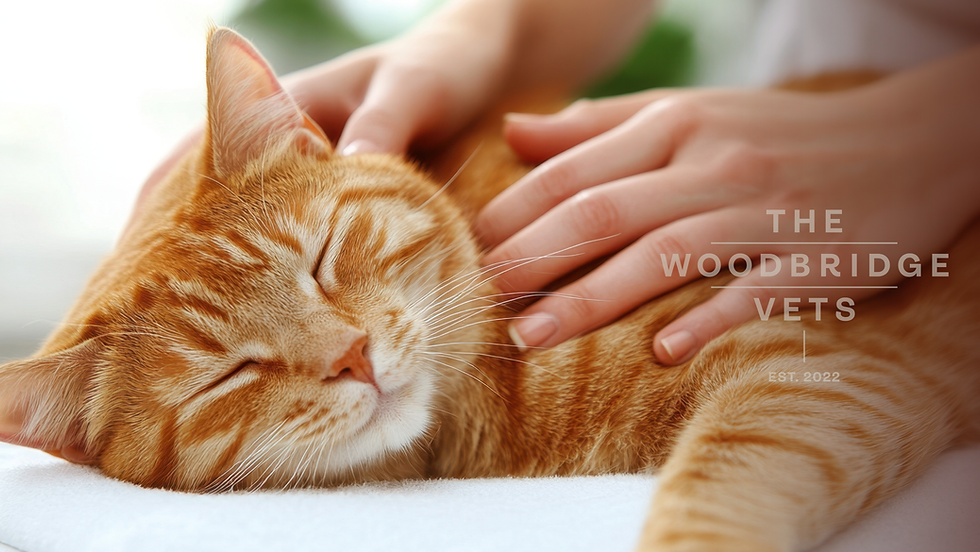Bird Flu Awareness: Avian Influenza
- The Woodbridge Vets
- Mar 4, 2025
- 2 min read

As of January/February 2025 there have been several outbreaks of Avian Influenza in poultry farms in various parts of the UK, including Norfolk and Suffolk just recently. Similarly to our own flu, there are several strains of bird flu in wild bird populations and some can be more severe than others. The strain which is being seen at the moment is called Avian Influenza A (H5). If an infected bird lands on farm land for instance, or near domestic poultry, they can transfer this deadly disease very easily.
This could occur when birds come into contact whether that is whilst sharing the same feeding / water points or simply through contact with contaminated faeces. There is also a small risk to cats and dogs too so please keep them away from dead wild birds if at all possible.
How to prevent Avian Influenza and stop it spreading
The main causes of bird flu in poultry and other captive
birds are contact with:
wild birds, in particular waterfowl such as geese,
ducks and swans and gulls
faeces from infected birds
dirty footwear, clothing and vehicles and equipment
It is always recommended that you register any poultry you have, even if they are only kept as pets. This is because it means you can be contacted if there are concerns in your area which may affect them. If you have 50 or more birds it then becomes a legal requirement to do so. Poultry includes chickens, ducks, turkeys, geese, pigeons (bred for meat), partridge, quail, guinea fowl and pheasants.
Avian Influenza is a notifiable animal disease and so if you suspect any type of bird flu in poultry or captive birds you must report it immediately by calling DEFRA Rural Service Helpline on 03000 200 301 or report it online.
Please visit the DEFRA webpage here for the most up to date information and advice.





Comments